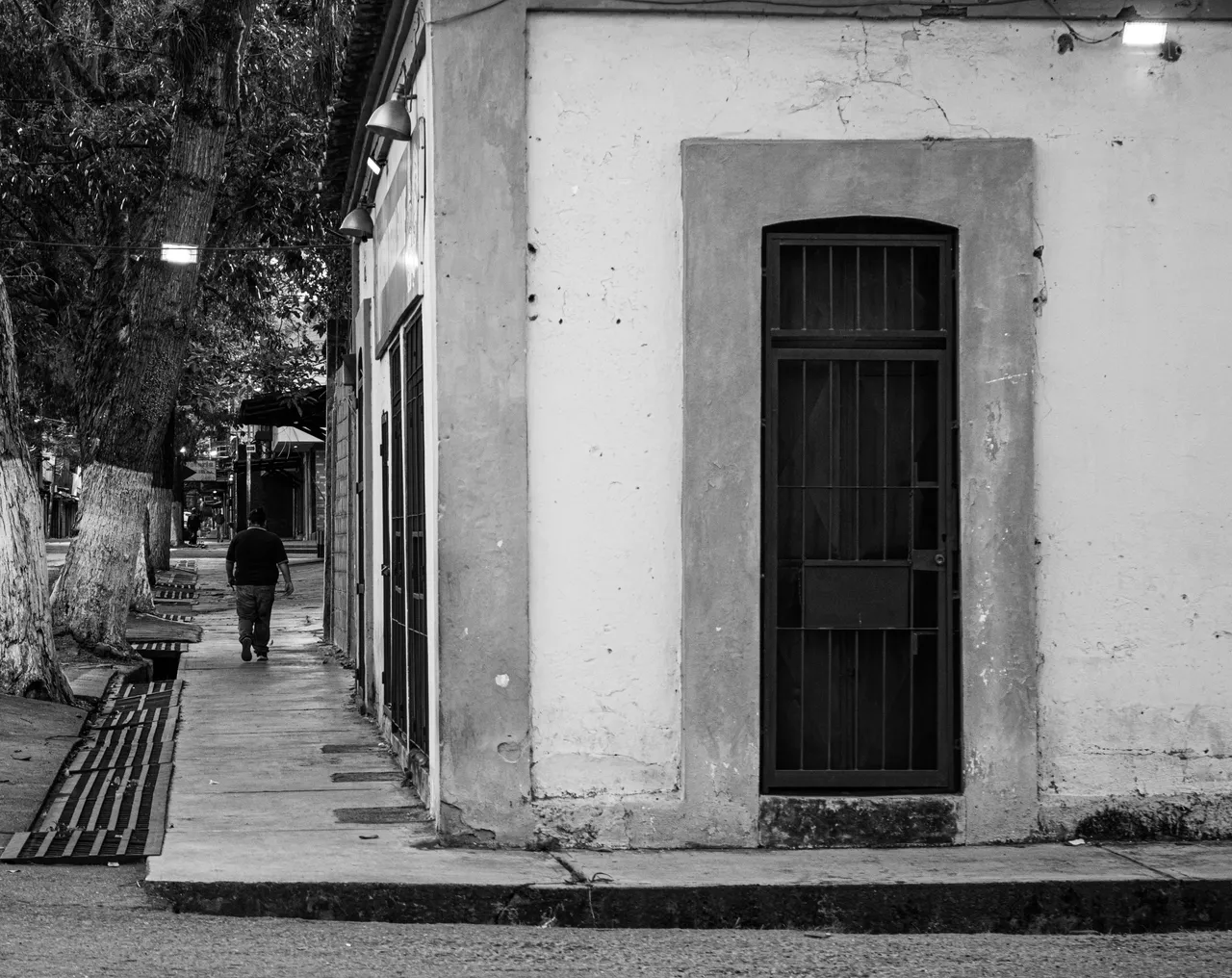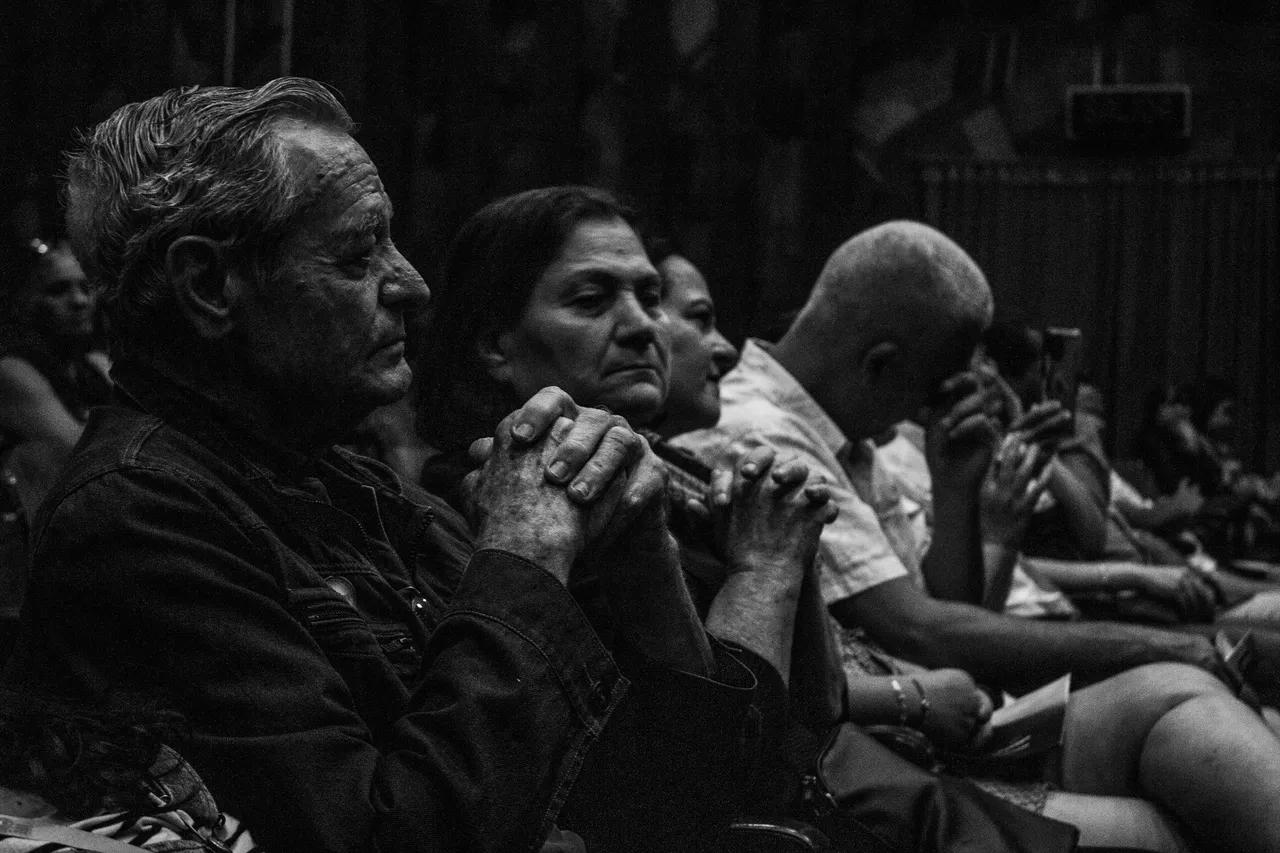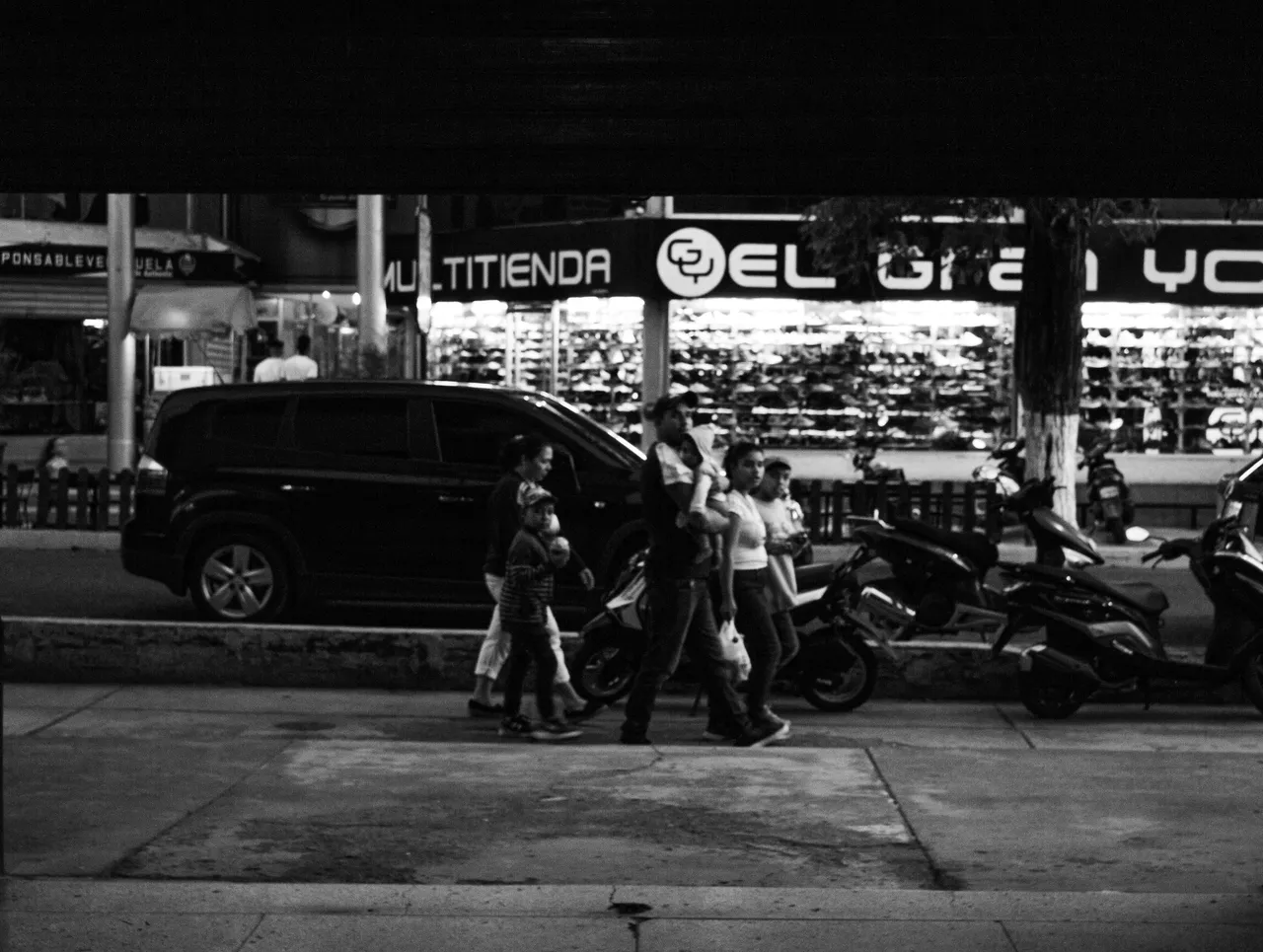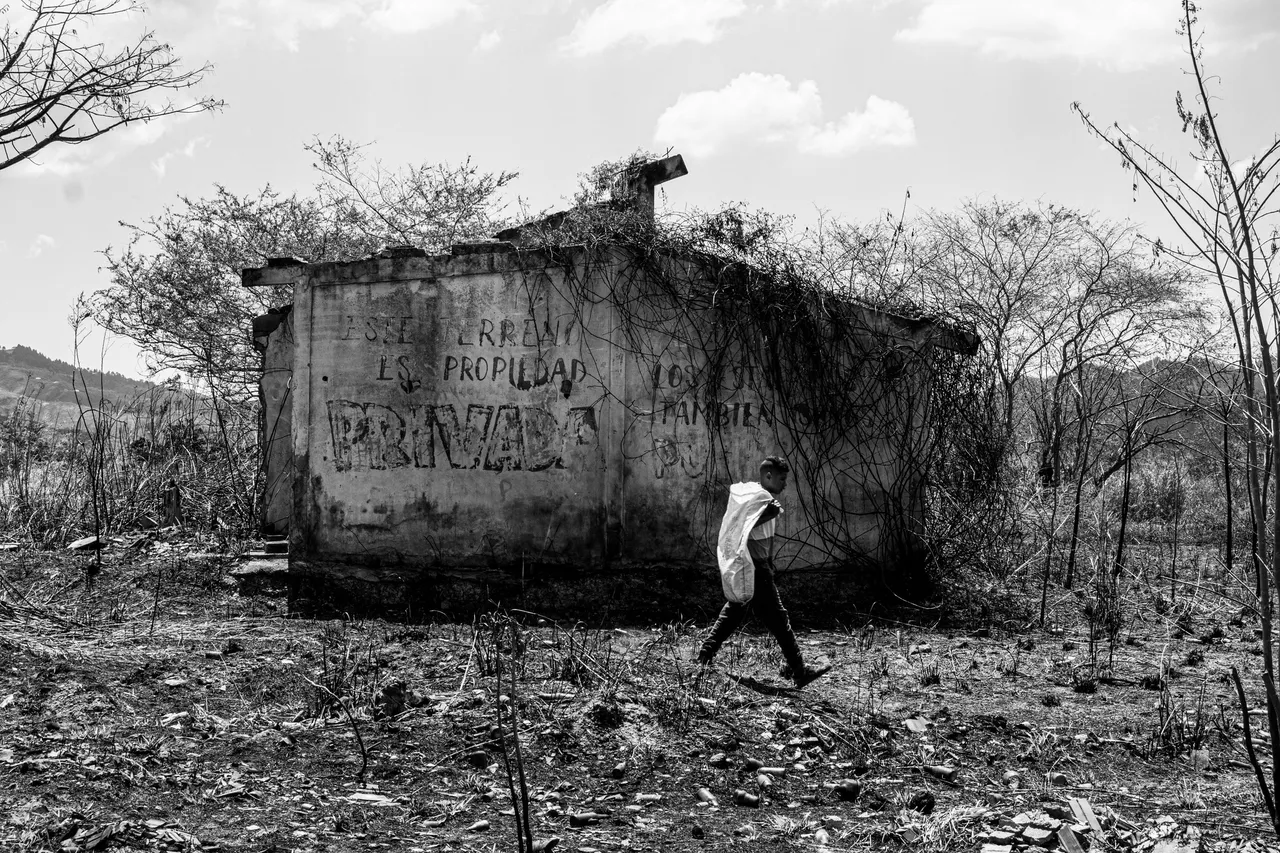
ENGLISH
A photographer friend of mine told me that in his hometown he found it hard to take "good pictures" because people had no attitude. I asked him what he meant by that, to which he replied: when they see you with a camera, they get embarrassed. I look for people who don't mind my presence and reflect their essence.
Furthermore, I understand his point, but I also try to understand the complexity of the issue, since I don't know the background of each person. If I think of the wildest examples, I can think of someone who is a fugitive from the law, who is afraid of being discovered, or just someone who is shy and that's it.
Another thing my friend said was that in his city, people are not used to urban photography.
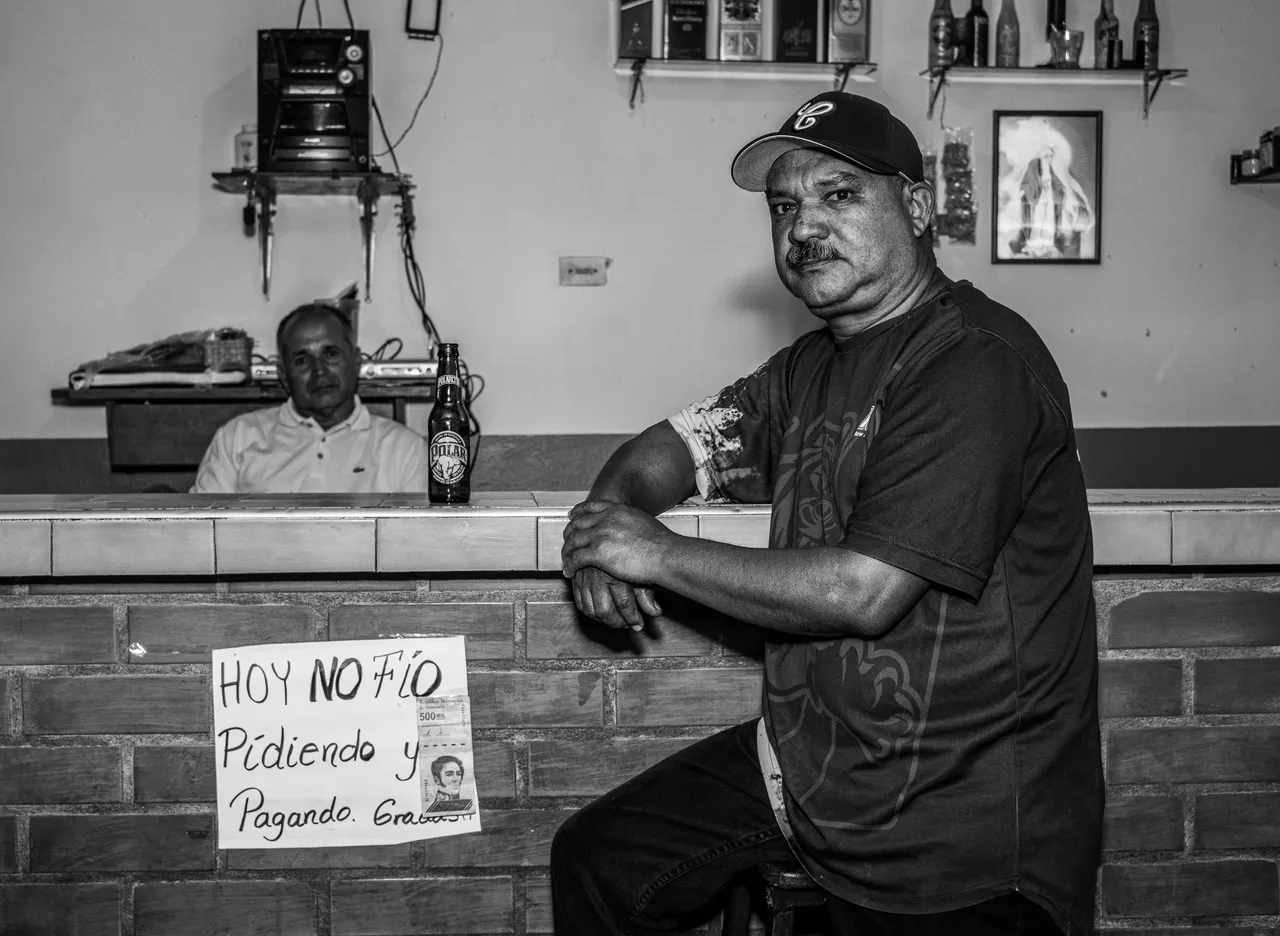
Actually, I have encountered that attitude in different cities, as well as other more reserved people, who seem to be happy to have their picture taken.
In Bejuma, Venezuela, I very rarely found people unwilling to appear in a random photo. Quite the contrary. Many posed, others simply went on their way without caring.
What is the attitude, then? It is not giving importance to the photograph. For me, it's having the certainty and judgment to know when a photo can hurt you or not.
This is subjective, and that's what makes it a risky encounter. That's why when someone asks me what I will do with their photos, I tell them the truth, publish them and talk about human complexity.
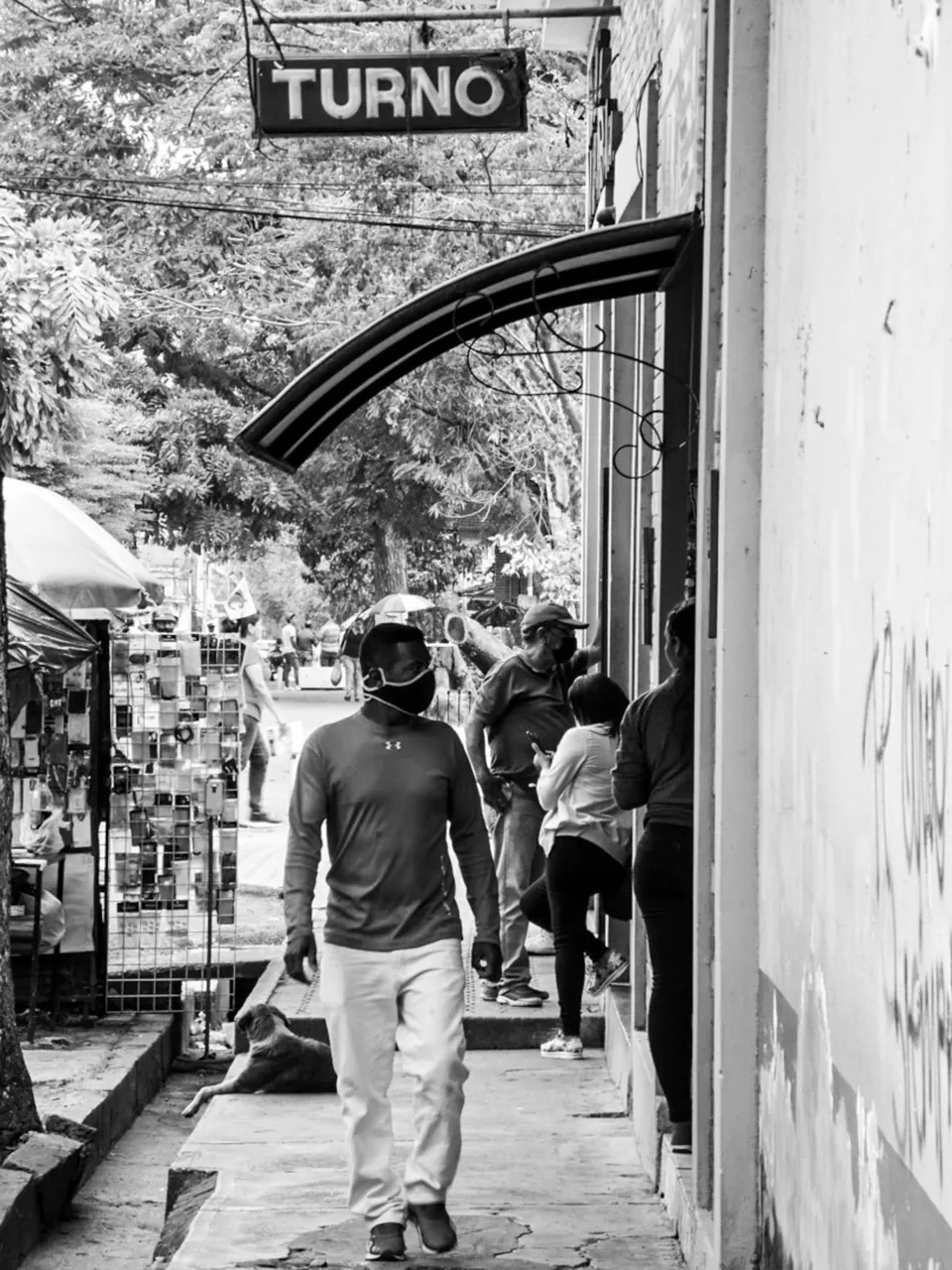
It has happened to me in other occasions that they ask me to delete them, and I do it in front of them, to avoid any problem, because consent is important, unless the act committed by the person who is being photographed, violates the right of another.
ESPAÑOL
Un amigo fotógrafo me dijo que en su ciudad natal le costaba tomar “buenas fotografías”, porque la gente no tenía actitud. Le pregunté a qué se refería con eso, a lo que me respondió: es que cuando te ven con una cámara, se avergüenzan. Yo busco gente que no le importe mi presencia y reflejen su esencia.
Entiendo su punto, pero también intento entender la complejidad del asunto, dado que desconozco el contexto de cada quien. Si pienso en los ejemplos más descabellados, se me ocurre el de algún prófugo de la ley, que teme ser descubierto, o simplemente sea alguien tímido y ya.
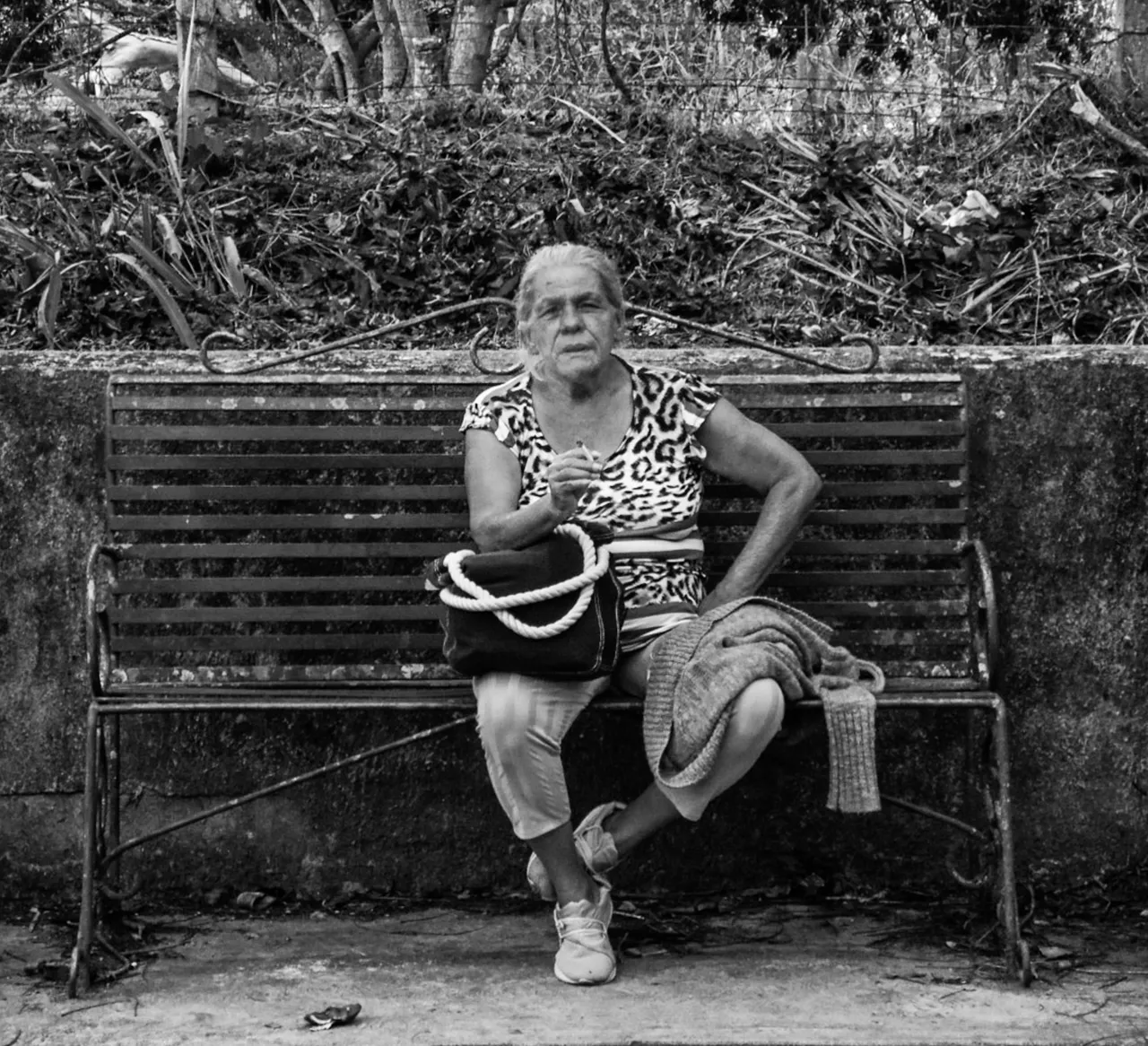
Otra cosa que dijo mi amigo fue que en su ciudad la gente no está acostumbrada a la fotografía urbana.
En realidad esa actitud de la que él me habló la he encontrado en diferentes ciudades, así como también las de otras personas más reservadas, que parecen estar conformes con el hecho de que les tomen una foto.
En Bejuma, Venezuela, muy rara vez encontré a personas indispuestas a aparecer en una foto fortuita. Todo lo contrario. Muchos posaban, otros simplemente seguían su camino sin importarles.
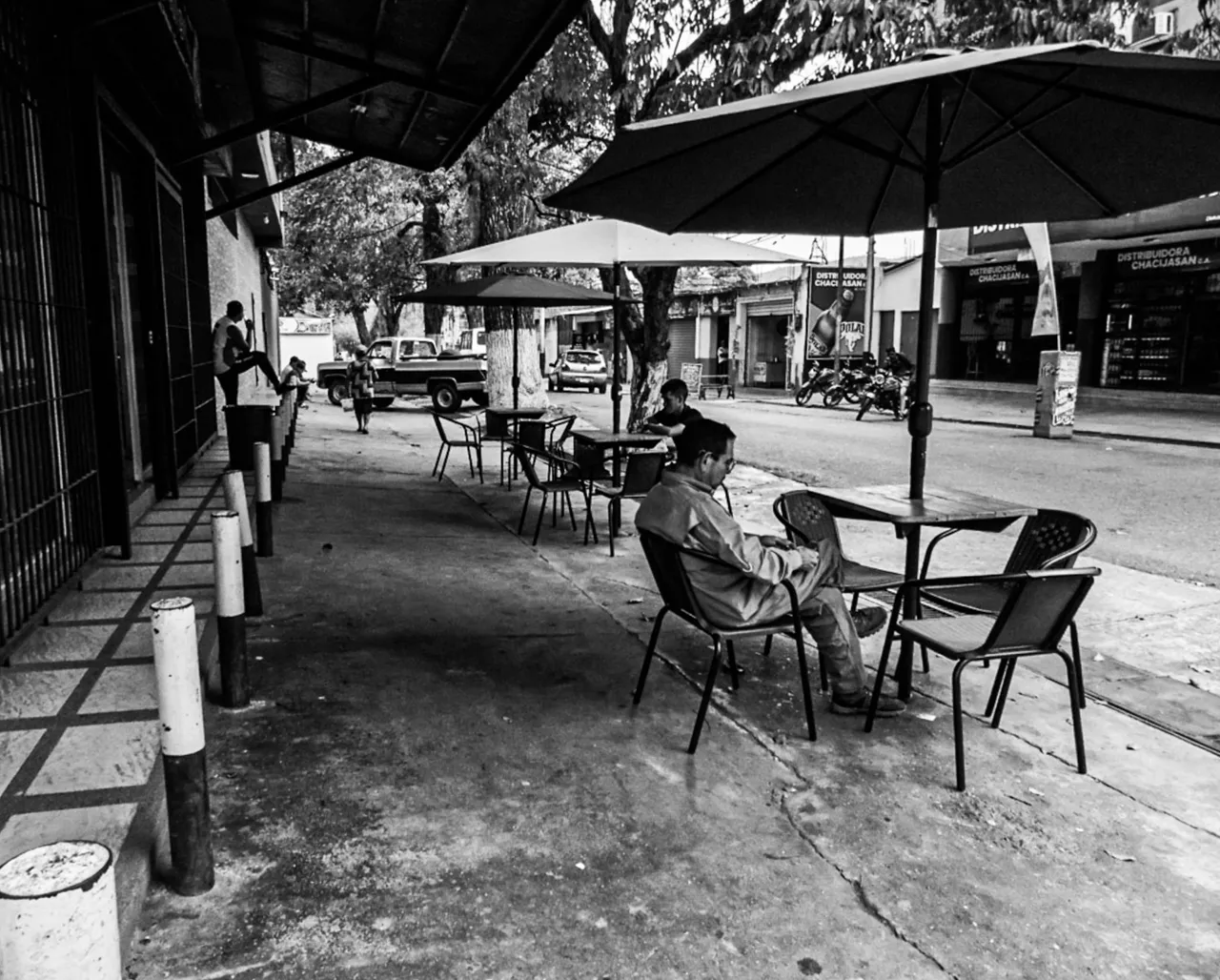
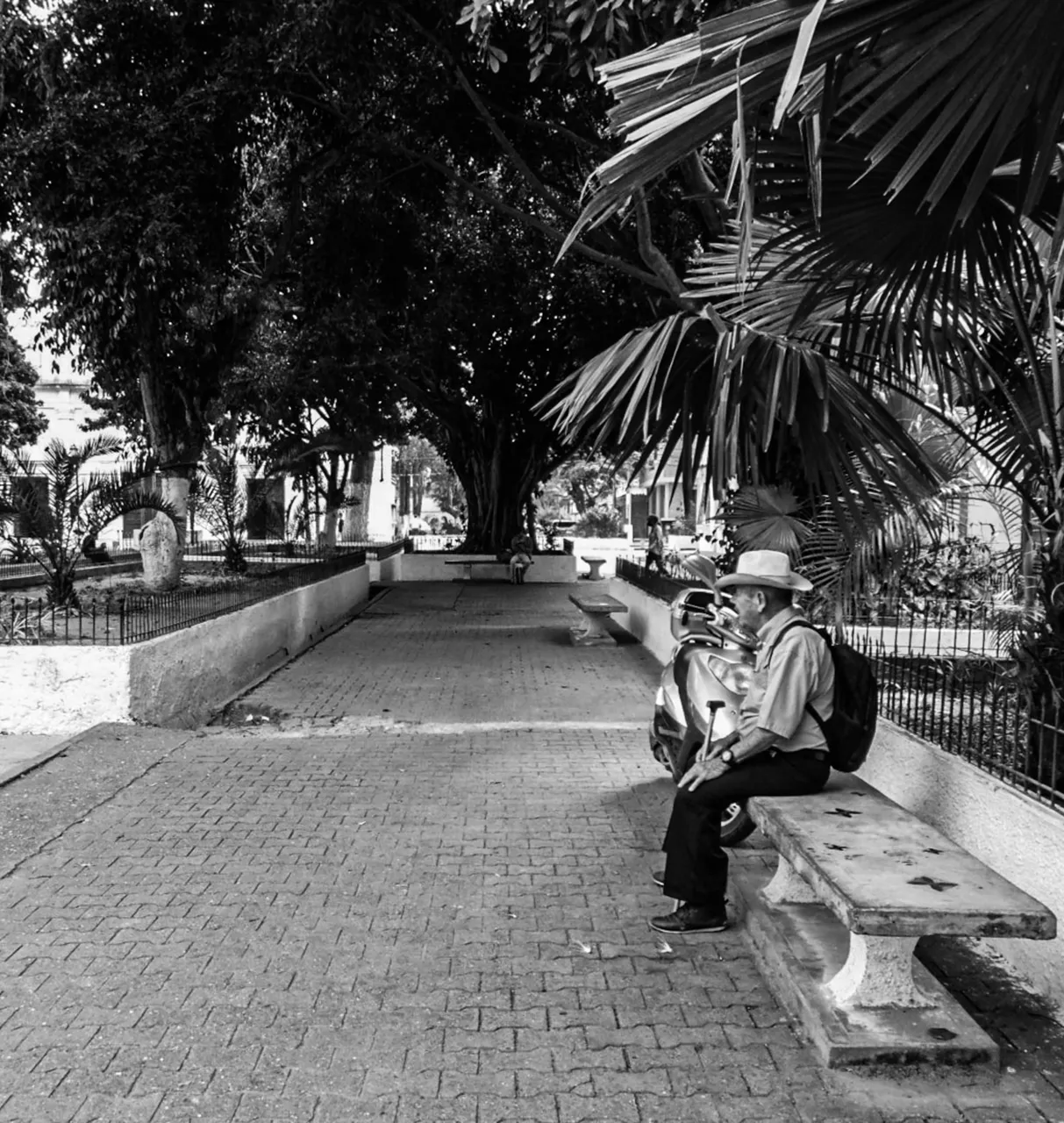
¿Qué es la actitud entonces? No es darle importancia a la fotografía. Para mí, es tener la certeza y el criterio para saber cuándo una foto puede perjudicarte o no.
Esto es subjetivo, y es lo convierte en riesgoso encuentro. Es por eso que cuando alguien me pregunta qué haré con sus fotos, le digo la verdad, publicarlas y hablar sobre la complejidad humana.
Me ha pasado en otras ocasiones que me piden borrarlas, y lo hago frente a ellos, para evitar cualquier problema, porque el consentimiento es importante, a menos que el acto que cometa aquella persona que está siendo fotografiada, vulnere el derecho de otra.
